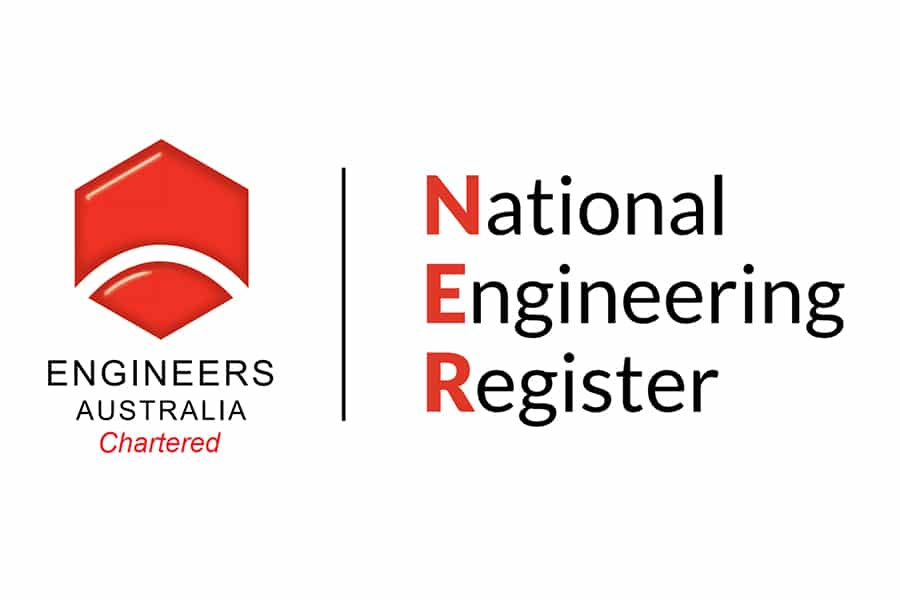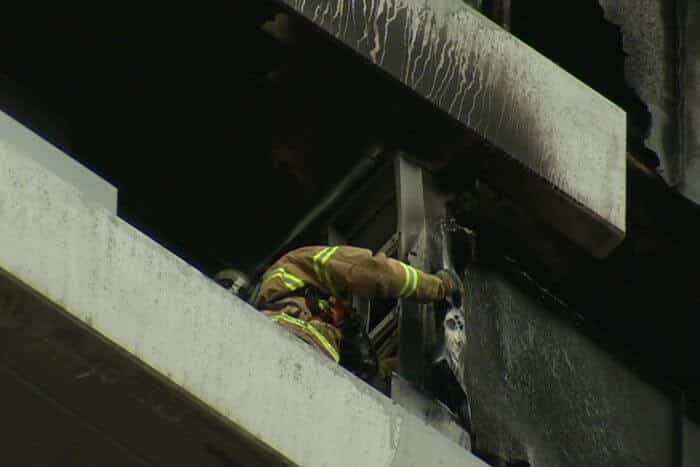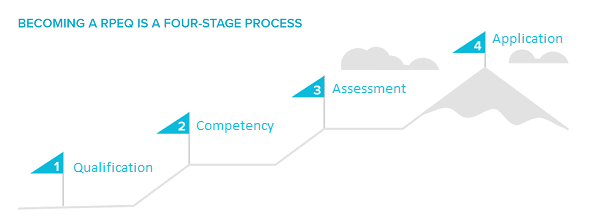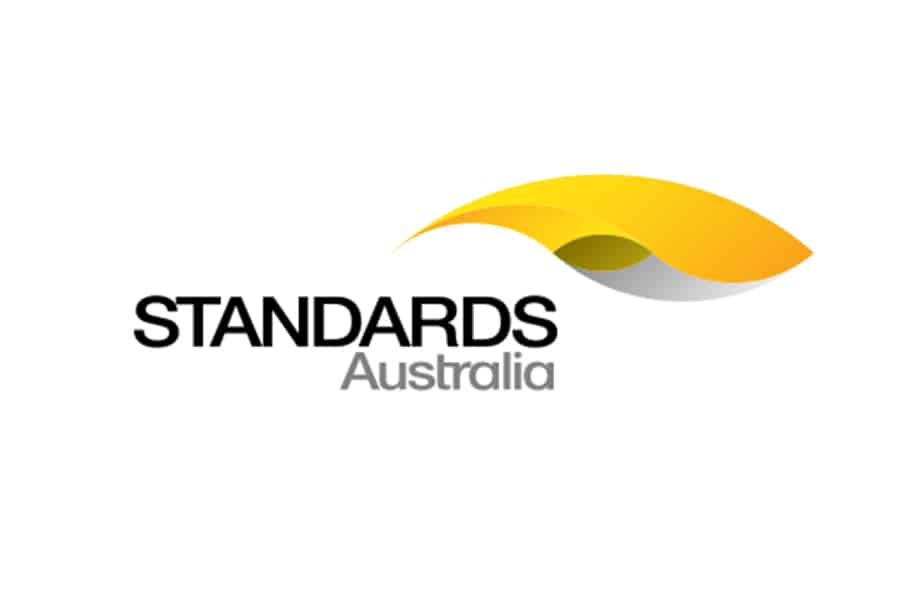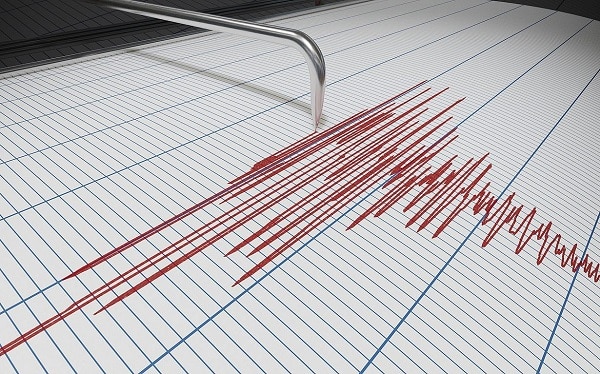Regulatory authorities are often thought of as no more than a bureaucratic burden. Extra time, higher cost, and red tape are the keywords that spring to most minds. Does regulation, including the requirement to become a Registered Professional Engineer, bring benefits to the profession and the public? Should all practicing engineers be Registered Professional Engineers? Perhaps the best way to address the need for regulation is to look for problems that have occurred where there is no regulation. As your mind wanders to Indonesia, Asia and beyond, let me bring you back a bit. In fact, all the way back – to Australia.
Combustible cladding, crumbling buildings, and lax self-regulation have dominated the news feeds over the last couple of years, and Engineers Australia have woken up from their 100-year slumber to help initiate Australia-wide regulation for Registered Professional Engineers.
What? I thought that was already a thing! Isn’t that why I got registered on the National Engineers Register (NER) way back when? And that itself wasn’t enough when I designed a cement silo in Darwin – so I registered as a certifying engineer with Northern Territory’s Building Practitioner’s Board. Then to sign off on projects in Queensland, I became registered on their Professional Engineers Register (RPEQ) else I couldn’t do the work. When I designed a house in Melbourne, I had to prove myself worthy to the VBA – Victorian Building Authority. And here in WA, councils require sign-off of engineering designs by an engineer listed on the NER.
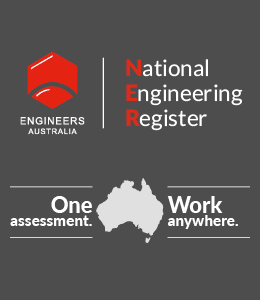

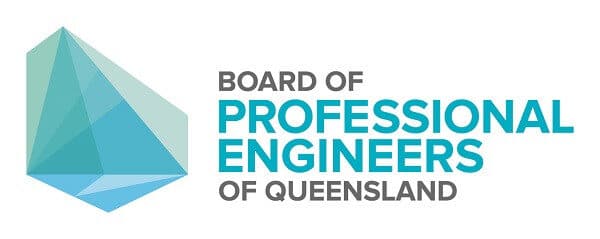

Despite this, most engineers in Australia are currently working under a system where anyone can claim to be an engineer, provide engineering services and use it in their marketing without any regulation. So here’s the irony: I need to be a Registered Professional Engineer to stamp drawings that require building permits (a house, a swimming pool, a garden retaining wall), but on a mine site I can design anything (stackers, tanks, bridges) and sign off on it without being registered anywhere. What’s more, those designs for the shire are “approved” by building certifiers, not an engineering peer with qualifications and experience at least as good as mine. To protect the community and the profession, a registration system has been discussed in many states in territories. Currently, Queensland is the only state with a full registration system administered by the Board of Professional Engineers Queensland (BPEQ). For other states, there remains a huge risk to public health as operators are free to undertake engineering work without adequate skills or competencies. According to BPEQ chairman Dawson Wilkie, professional regulation distinguishes qualified and competent professionals, such as a Registered Professional Engineer, by restricting the practice of services to select individuals. Regulatory requirements are set by legislation which is administered by a regulatory authority. As part of most professional regulatory requirements, individuals must be able to meet educational, experience, and fitness to practise requirements set by their peers. To satisfy these requirements, regulated professionals may have to complete exams or be assessed by a panel of their peers. Often, regulated professionals will need to undertake continuing training and development to ensure they remain qualified and competent.
Okay, but does regulation work? After the Opal Tower cracked the enquiry was damning on the NSW construction industry. Apparently due to privatisation of the regulation industry, developers were effectively signing off on their own work. A 2015 report from Engineers Australia found that 85% of new strata units were defective on completion and the certification system in NSW had “broken down”. I’m certainly not against registration. I’ve been a Registered Professional Engineer with NER and RPEQ for many years, and my team are currently going through the process of registration. Not because they need to be registered to practice, but because they want to be. They want to uphold ethics laid down by Engineers Australia. They want to prove their competency to practice structural engineering. They want to maintain and improve their skills with continuing professional development. They want to be so confident in their conduct and that their services will be delivered to an acceptable standard that they will offer themselves up for judgment should that not be the case. Does this speak for mandatory registration? No – it speaks for integrity. Regulation is fundamental to being a professional; it distinguishes a professional from an occupation and is necessary to protect the public, maintain public confidence, and in setting and upholding professional standards. It does seem crazy that the painter of a building needs to be licenced, but the engineer does not. In the absence of current effective registration, it remains important that you engage the services of competent professionals, and to not just assume that you’re doing so.
What challenge are you facing right now?
You need engineers that you can trust, and that understand your needs.
We offer a complimentary initial consultation. We will listen to what you want, make recommendations on how best to approach your matter, and give advice on how to achieve the best outcome. We will endeavour to provide you with a clear and accurate fee estimate.
